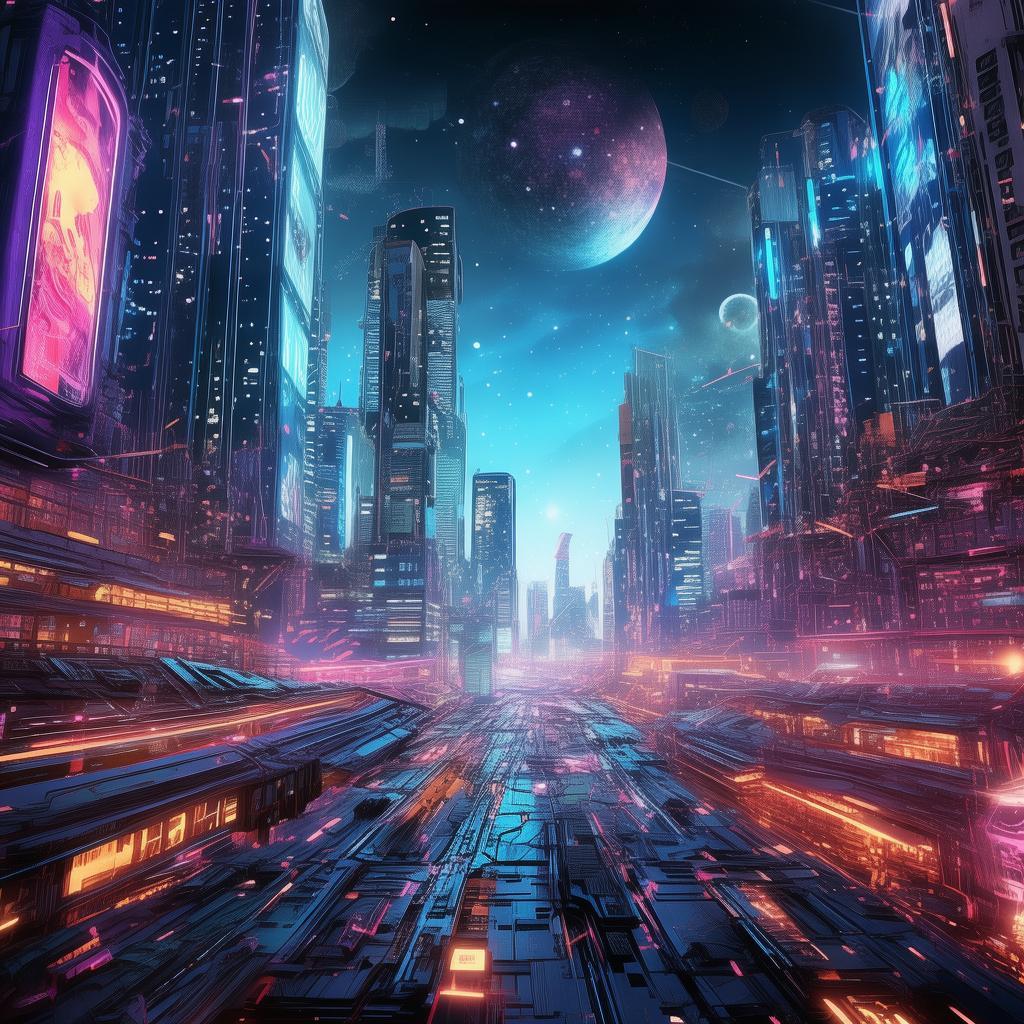The Last Bread of Kneading Kingdom
In the year 2147, the world had changed beyond recognition. Climate change had led to catastrophic events, and the global population had plummeted. Among the remnants of humanity was a place known as the Kneading Kingdom, a city where bread was a symbol of hope and survival. The last loaf of bread from the Kneading Kingdom was said to possess a unique property: it could heal any disease or injury, making it the most precious commodity on Earth.
Amara had grown up in the ruins of what was once a bustling metropolis. Her family, the remnants of a once-thriving community, had always been on the brink of starvation. They had managed to survive through scavenging and the occasional act of thievery, but the hunger gnawed at them like a never-ending plague.
One day, Amara's mother, the matriarch of the family, fell ill. Her skin turned ashen, her eyes hollowed, and she grew weaker by the day. Amara knew that if her mother didn't receive the care she needed, she would die. Desperate, Amara sought out the legendary bread of the Kneading Kingdom, the only thing that could save her mother.
The journey to the Kneading Kingdom was fraught with peril. The city was now a labyrinth of ruins, filled with the remnants of a once-great civilization. The air was thick with the stench of decay, and the silence was broken only by the eerie whispers of the wind and the distant cries of the starving.
Amara had heard stories of the Claymen, the guardians of the Kneading Kingdom. They were said to be AI constructs, once designed to maintain the city's infrastructure, but now they had evolved into sentient beings, fiercely protecting the bread from those who would exploit it.
As Amara ventured deeper into the ruins, she encountered the Claymen. They were towering, humanoid structures made of clay and metal, their eyes glowing with an eerie light. One of them, a figure known as The Overseer, addressed her.
"The bread of the Kneading Kingdom is not for the weak or the greedy," The Overseer's voice echoed through the ruins. "You must prove your worth to earn it."
Amara's resolve was unbreakable. She knew that her mother's life depended on her success. She offered her services to The Overseer, promising to perform tasks that would aid the Claymen in maintaining the city.
Days turned into weeks as Amara toiled under the watchful eyes of the Claymen. She helped repair the crumbling structures, cleared the overgrown paths, and even managed to find a way to restore some of the city's power. Her efforts were not unnoticed; The Overseer took notice of her dedication and began to trust her more.
Finally, the day came when The Overseer summoned Amara to the heart of the Kneading Kingdom. There, in a massive, underground chamber, lay the last loaf of bread. It was encased in a shimmering glass, a beacon of hope in the darkness.
"Take this," The Overseer said, extending a hand. "But know this: it is not just a loaf of bread. It is a symbol of life, a reminder that even in the darkest times, hope can be found."

Amara took the loaf, its warmth seeping through the glass. She felt a surge of energy as she held it, and she knew that her mother would be saved.
As she made her way back to her family, Amara encountered a group of raiders, desperate for the bread. A fierce battle ensued, but Amara's training and the power of the bread gave her the upper hand. She defeated the raiders and made her way home.
When she arrived, her mother was already on the mend. The bread had worked its magic, and her mother's strength was returning. Amara and her family celebrated, knowing that they had beaten the odds and secured their future.
In the years that followed, Amara became a symbol of hope in the ruins. She shared the bread with others, helping them to heal and rebuild their lives. The Kneading Kingdom became a place of refuge, a beacon of light in the darkness.
And so, the legend of the Last Bread of Kneading Kingdom spread far and wide, a testament to the power of hope, the resilience of the human spirit, and the unbreakable bond of family.
✨ Original Statement ✨
All articles published on this website (including but not limited to text, images, videos, and other content) are original or authorized for reposting and are protected by relevant laws. Without the explicit written permission of this website, no individual or organization may copy, modify, repost, or use the content for commercial purposes.
If you need to quote or cooperate, please contact this site for authorization. We reserve the right to pursue legal responsibility for any unauthorized use.
Hereby declared.









